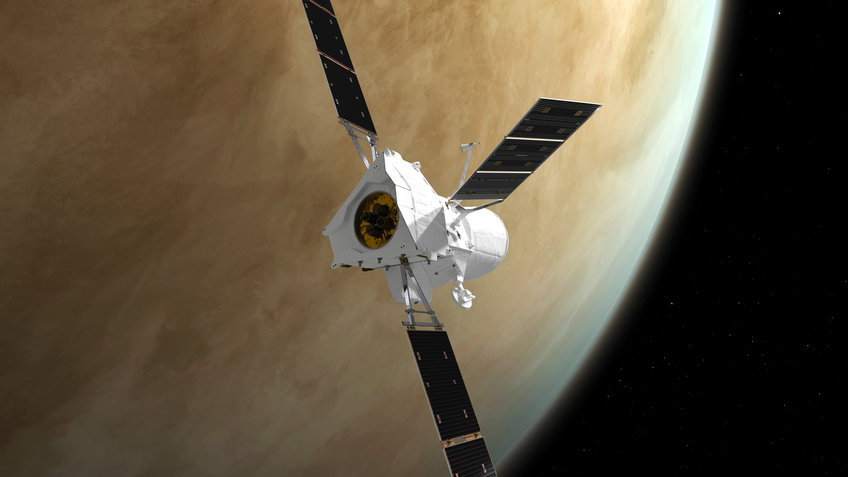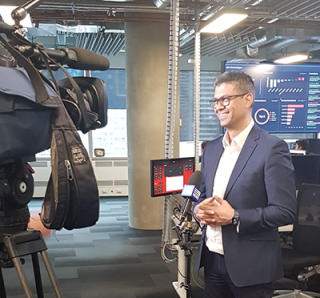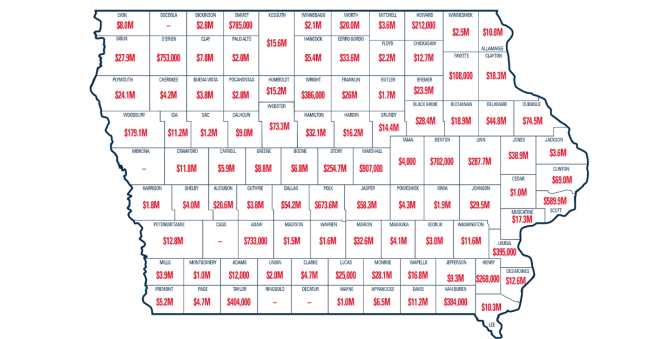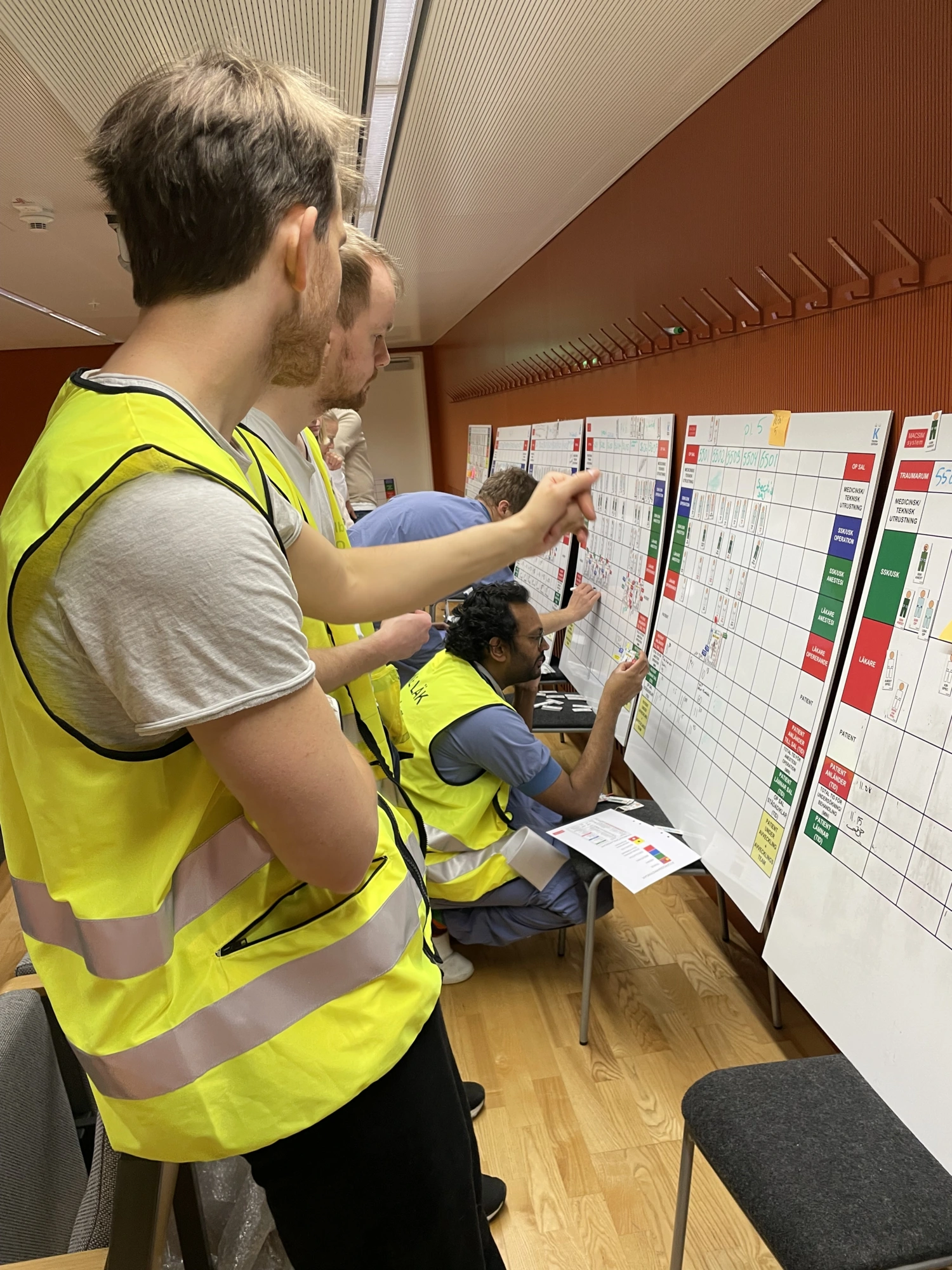Developing diagnostic tests for ovarian cancer and finding better treatments for schizophrenia are among the pursuits of five University of Queensland researchers honoured in the 2019 Young Tall Poppy Science Awards.
The annual awards – presented on Friday (September 13) – recognise outstanding young scientists demonstrating excellence in both research and science communication.
Dr Carlos Salomon has been selected for his research into tiny membrane sacs released from cells and their role in ovarian cancer and pregnancy complications.
“Exosomes essentially act as ‘letters’, travelling long distances via the bloodstream to deliver messages to organs,” Dr Salomon said.
“Over the past six years, I have been working on developing early diagnostic tests for ovarian cancer and complications of pregnancies, based on circulating exosomes.”
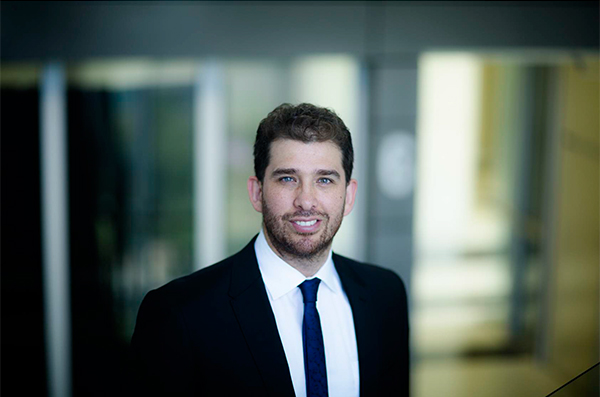 Queensland Brain Institute (QBI) researcher Dr James Kesby investigates ways to improve the long-term outcomes for people with schizophrenia by studying decision-making skills.
Queensland Brain Institute (QBI) researcher Dr James Kesby investigates ways to improve the long-term outcomes for people with schizophrenia by studying decision-making skills.
“People with schizophrenia often have poor decision-making skills and psychosis – and understanding why these symptoms occur will help us identify better treatments, with the ultimate aim to help people before they develop symptoms,” Dr Kesby said.
He regularly shares his research through radio, podcasts and his work with Flying Scientists, which engages rural Queenslanders with science.
QBI’s Dr Laura Fenlon researches connections in the brain – how they develop and what happens when they are lost or fail to form.
“The brain and nervous system have an amazing ability to remodel in response to new information and can overcome lost connections,” Dr Fenlon said.
“This remodelling, or neuroplasticity, may allow us to acquire new skills, retain memories and recover from brain injury.”
Dr Fenlon also volunteers her expertise to the Australian Disorders of the Corpus Callosum family support group and the QBI Australian Brain Bee Challenge.
Dr Sarah Herke is an expert in graph theory and related areas in the mathematical research field of combinatorics.
Her YouTube channel has had more than 2.7 million views, covering topics from the “Fun with Graphs: Rock Paper Scissors Lizard Spock” series, through to advanced videos on graduate-level graph theory.
Sharing her passion through video has seen her create audio-visual learning resources for thousands of students at Monash University and UQ.
Dr Caitlin Curtis is a geneticist interested in the emerging ethical, legal and social issues arising from genomic technologies used in precision medicine and consumer genetic testing.
She works in the Centre for Policy Futures, with the Queensland Genomics Health Alliance and the Genomics in Society Initiative and is keen to reach as many people as possible with her science.
“I think it’s such an important thing right now for researchers to communicate science, so that people can have access to what’s happening – and for science to have a meaningful role in the challenges we face as a society,” she said.
Image above left: Dr Carlos Salomon
Image above right: Dr Caitlin Curtis

